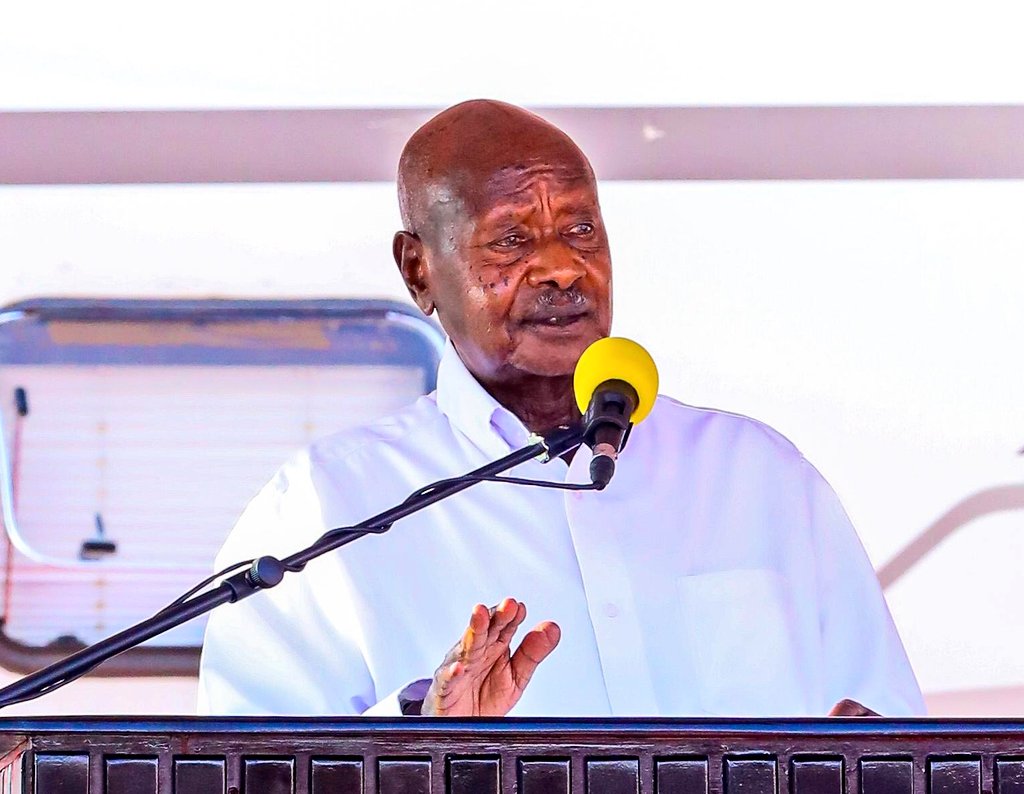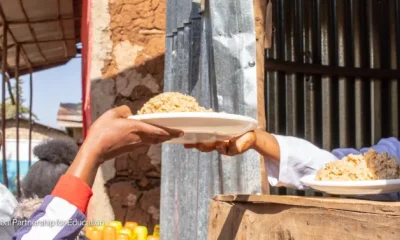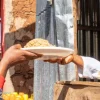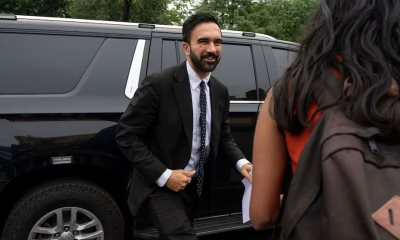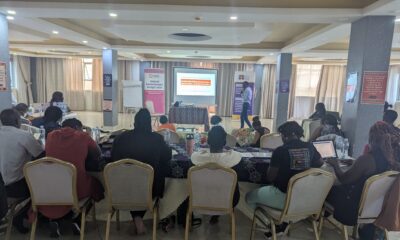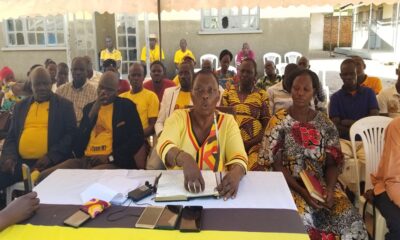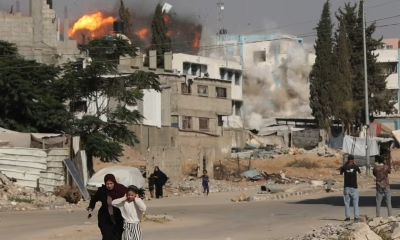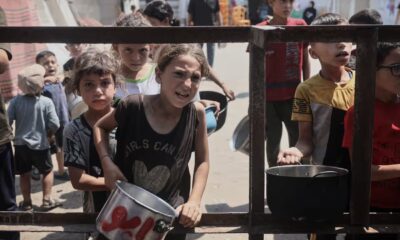News Feature
Northern Uganda Awaits a Reckoning: Museveni Issues Fresh Balaalo Eviction Directive Amid Rising Tensions
The sun may still rise over Acholi’s vast plains, but for thousands of families and herders, a political and cultural storm is gathering. In a second hardline move within a month, President Yoweri Museveni has reissued a sweeping directive to evict all balaalo, migrant cattle keepers, from northern Uganda, beginning June 25, 2025.
This new order, announced by Maj. Felix Busizoori, Commander of the 4th Infantry Division, marks a significant turning point in a long-simmering controversy that has pitted native communities against non-local herders, many of whom migrated from western Uganda in search of pasture over the past decade.
The president’s first 2025 eviction order, delivered during a high-level meeting with security chiefs in Gulu on May 19, followed the collapse of 2023’s Executive Order No. 3. That initial directive had stalled in December 2023 due to a national outbreak of Foot and Mouth Disease, leaving the region in limbo. The May 23 relaunch of the exercise was meant to bring closure, but by June 4, not a single animal had moved.
“This has angered our people,” said one elder in Amuru district. “We are tired of watching executive orders become empty promises.”
Now, with the June 25 date fast approaching, security forces are racing to deliver on the president’s new command—an uncompromising campaign to remove free-ranging livestock from northern Uganda and criminalise illegal grazing practices.
The second directive carries more teeth. It bans all livestock movement into the region and prioritises a full audit of cattle keepers who claim legitimate land ownership. But crucially, the audit will only begin after all animals are evacuated—intended to reduce tension and clear the way for evidence-based reviews.
Maj. Busizoori stressed that no politician will be allowed to meddle. “Let them give us time, and we execute the directive,” he told reporters at a press conference in Gulu. “We are dealing with a national issue of governance.”
He also revealed that the eviction will unfold parish by parish over 65 days, a strategy meant to reduce chaos and allow orderly relocation. “This is not just about the cattle; it’s about stability,” he said.
This time, the operation isn’t being left to chance. Officials from the Ministry of Agriculture, Internal Affairs, the National Forestry and Wildlife Authorities, the Acholi Cultural Institution, and local council leaders will oversee the entire process. No space has been left for political improvisation.
Police Commissioner Philip Acaye, speaking on behalf of the Inspector General of Police, issued a stern warning: “Let everyone stay in their lane. If we try crossing lanes, that’s when we get bruised.”
He urged the public to provide credible information and called on officers to strictly follow Standard Operating Procedures. “Any criminality during the exercise will be met with prosecution,” Acaye affirmed.
At the heart of the crisis lies a deeper, emotional wound: the commodification of communal land and the erosion of ancestral ties. While some balaalo claim to have bought land legally, many entered into informal or fraudulent deals, sometimes buying land from individuals without the consent of clans.
“Land in Acholi is not just property. It is identity, culture, and inheritance,” said one clan elder from Nwoya. “When this is sold off for cows, we lose not just territory but our future.”
According to RDC Geoffrey Osborn Oceng of Amuru District, the eviction is not merely an enforcement issue—it is a matter of restoring public confidence in governance.
“This Executive Order will be implemented to the letter,” Oceng said. “We are not chasing people for being balaalo; we are protecting the land and legal processes.”
For all the policy and military planning, the most affected are ordinary people, many of them poor, voiceless, and confused. On one side are the Acholi farmers, whose crops have been trampled, whose water sources are shrinking, and whose cries for justice have long gone unanswered. On the other hand, Balaalo families who—rightly or wrongly—believe they settled legally and now fear being rendered homeless.
“There is no winner in this,” said a local LC III chairman in Pabbo. “But someone must make a decision.”
Northern Uganda now sits on the cusp of a delicate operation, one that blends law enforcement, land verification, and cultural diplomacy. The hope is that the eviction, this time, will bring closure, not conflict.
But the region has heard promises before. And for many Acholi residents, only actions will now speak.
Who Are the Balaalo?
The balaalo are predominantly cattle herders from western Uganda. Over the last ten years, many have migrated northward due to diminishing grazing land in their regions. Their arrival has sparked land disputes, environmental degradation, and growing calls for regulation.
Comments



